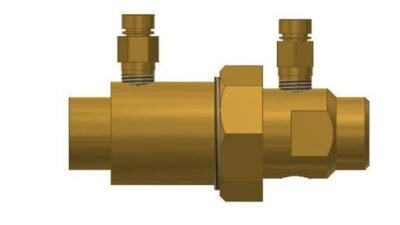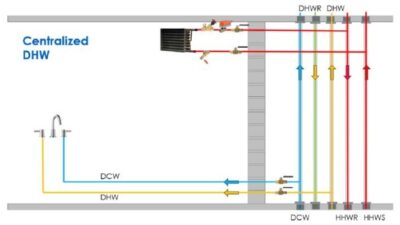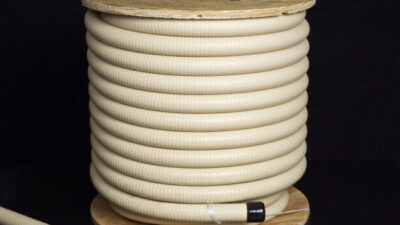With the continuing evolution of patient care and the support systems of those spaces, medical gas has evolved to supply a safer and more effective patient experience.

With the continuing evolution of patient care and the support systems of those spaces, medical gas has evolved to supply a safer and more effective patient experience. NFPA 99 Health Care Facilities Code is no exception. The 2021 edition includes some noteworthy changes and additions that facility managers should be aware of.
To refresh, the 2012 NFPA 99 addressed the importance of medical gas systems operation and management. This portion of the code continued to evolve in 2012, 2015, 2018, and now 2021. One of the most significant changes to the 2021 code is the responsible facility authority role and the permit to work system’s evolution. While the wording of a responsible facility authority has been part of earlier editions, the role was never clearly defined as to the qualifications and responsibilities required.
The standard now says the responsible facility authority role shall be the person or persons responsible for implementing NFPA 99 medical gas requirements within the facility. The individual(s) designated as the responsible facility authority is required to demonstrate a level of competency. This can be achieved through meeting the requirements of an ASSE 6010 medical gas systems installer, ASSE 6020 Medical Gas Systems Inspector, ASSE 6030 Medical Gas Systems Verifier, or ASSE 6040 Medical Gas Systems Maintenance Personnel. Instead of attaining one of these credentials, the individual can also qualify by completing an educational program equivalent to or superior to the ASSE credentials noted above.
Among the responsibilities they could be involved in:
- Advising on the facility’s assessment to determine risk categories of various spaces
- Interpretations of the code
- A medical gas emergency plan
- Evaluation and acceptance of medical gas verification reports
Additional medical gas changes in NFPA 99 include:
- Permit-to-Work System
- New requirements for the Emergency Oxygen Supply Connection (EOSC)
- Installation process requires a system inspection
- Decommissioning portions of medical gas systems
The requirement of a documented permit-to-work is progress towards providing a safe and efficient method of performing routine maintenance, repairs, and medical gas system installations by ensuring proper communication and protocols are being adhered to by facility staff. The permit-to-work also requires proper testing on affected portions of the medical gas system after any work is performed.
NFPA 99 has always applied to all medical gas installations, including temporary installations. Within the 2021 NFPA 99, the Emergency Oxygen Supply Connection (EOSC) is now required to include master alarm connection points to monitor the temporary supply of oxygen.
Following the installer performed tests, a system inspection is required prior to the final system verification (section 5.1.12.2). The goal of this system inspection is to identify any system leaks and ensure proper component labeling prior to piping being concealed. This inspection is to be performed by a qualified ASSE 6020 Inspector or an ASSE 6030 Verifier who is also required to witness the initial pressure tests required by the installer.
The 2021 NFPA 99 annex A now includes decommissioning portions of the medical gas system in addition to installation requirements.
Codes continue to evolve to support staff in giving the best patient care. Currently, there is no indication that the 2021 edition will be adopted by CMS. Some of the updates within NFPA 99 highlight the importance of qualified individuals managing and maintaining medical gas systems. Expertise and qualifications of team members in maintaining these critical systems remain of pinnacle importance to an effective management program. With the NFPA 99 2024 code revision cycle winding down, be on the lookout for our next article when that year’s edition is officially made public.
Henderson Engineers is a CFE Media content partner.



